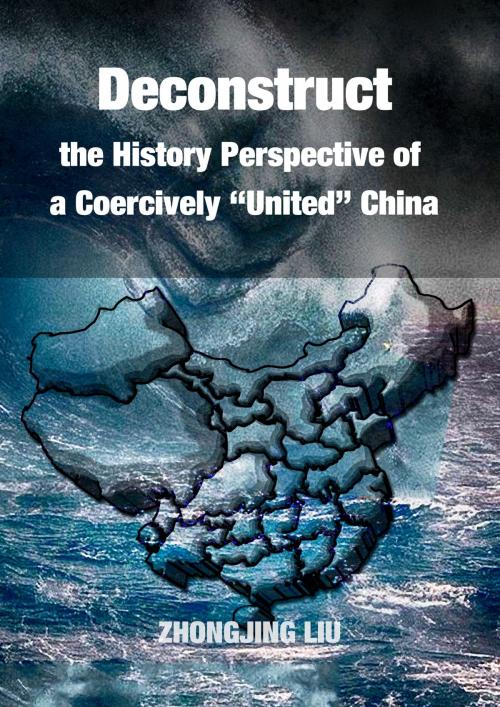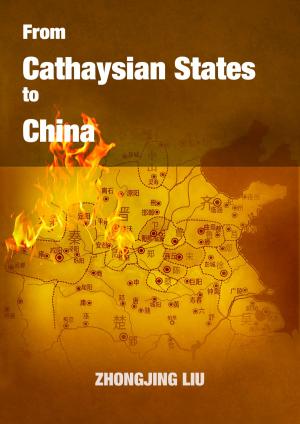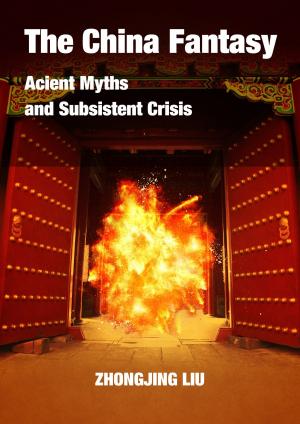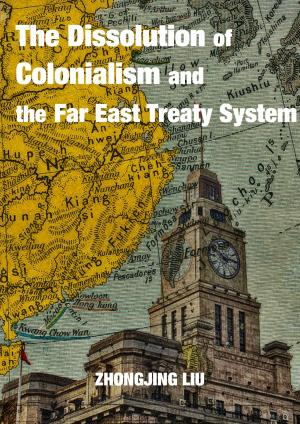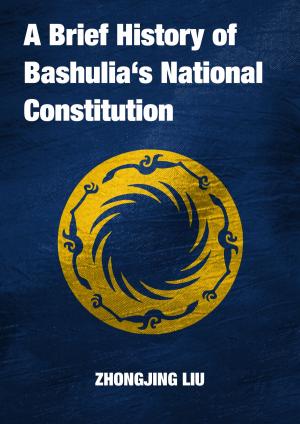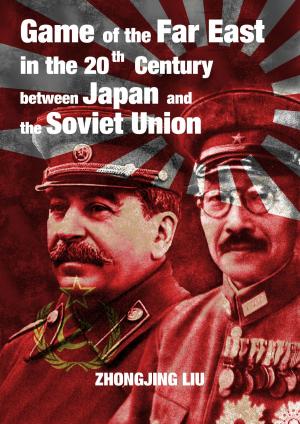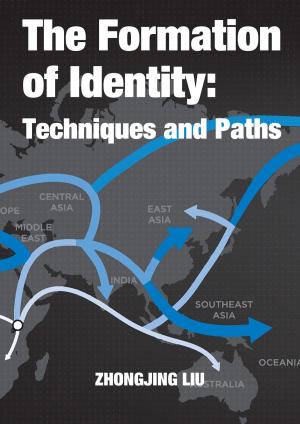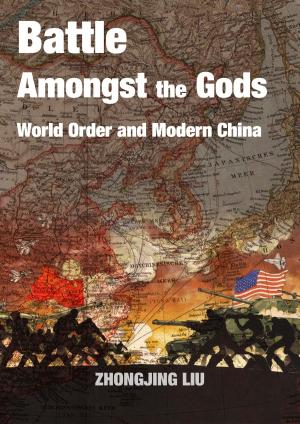Deconstruct the History Perspective of a Coercively “United” China
Nonfiction, Social & Cultural Studies, Political Science, Politics, History & Theory| Author: | Zhongjing Liu | ISBN: | 9781370484881 |
| Publisher: | Zhongjing Liu | Publication: | April 23, 2018 |
| Imprint: | Smashwords Edition | Language: | English |
| Author: | Zhongjing Liu |
| ISBN: | 9781370484881 |
| Publisher: | Zhongjing Liu |
| Publication: | April 23, 2018 |
| Imprint: | Smashwords Edition |
| Language: | English |
Extract: China is pretty much like Russia and Ottoman Empire. Russia and Ottoman Empire were of half Europe and half Asia. If the European half leave the empire, it’s easy for them to join Europe, but not so for the underdeveloped Asian half. China is of half Cathysian states and half Inner Asian states, or half East Asia and half Inner Asia. It’s very hard to unify the two parts. Coastal regions like HK are easy to become developed countries after leaving China, but not so for inland regions like Henan. As for Inner Asia, Mongolia, Muslim, and Tibet, things are way more difficult. Like three people with different paces. The reasonable way to do is don’t put them in the same class. Some should go to the advanced class and some should go to the adjustment class. An excellent student can enter the university in 16 and become PhD in 25. A not-so-talented student can’t do the same. If you force them to stay in the same class, it will be a disturbance for both of them.
Extract: China is pretty much like Russia and Ottoman Empire. Russia and Ottoman Empire were of half Europe and half Asia. If the European half leave the empire, it’s easy for them to join Europe, but not so for the underdeveloped Asian half. China is of half Cathysian states and half Inner Asian states, or half East Asia and half Inner Asia. It’s very hard to unify the two parts. Coastal regions like HK are easy to become developed countries after leaving China, but not so for inland regions like Henan. As for Inner Asia, Mongolia, Muslim, and Tibet, things are way more difficult. Like three people with different paces. The reasonable way to do is don’t put them in the same class. Some should go to the advanced class and some should go to the adjustment class. An excellent student can enter the university in 16 and become PhD in 25. A not-so-talented student can’t do the same. If you force them to stay in the same class, it will be a disturbance for both of them.
